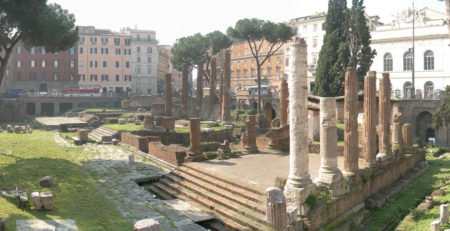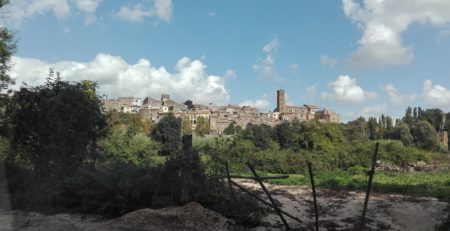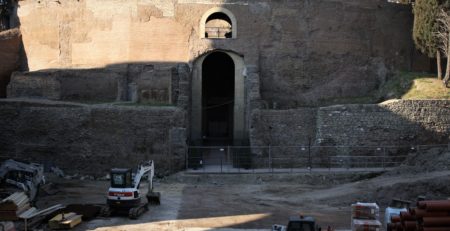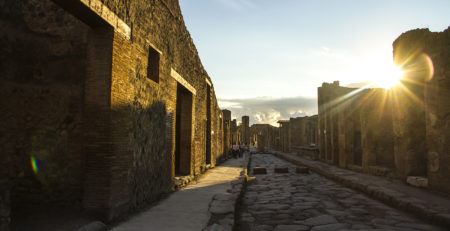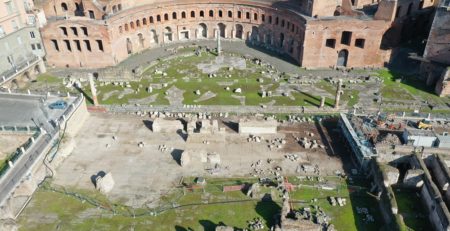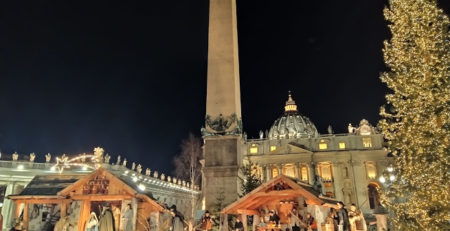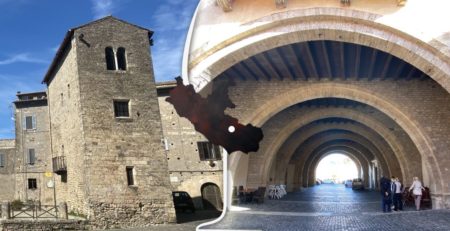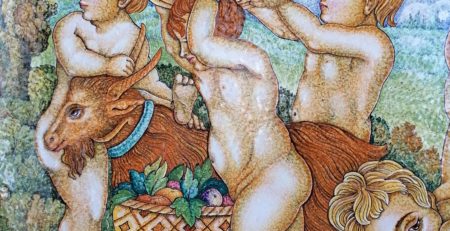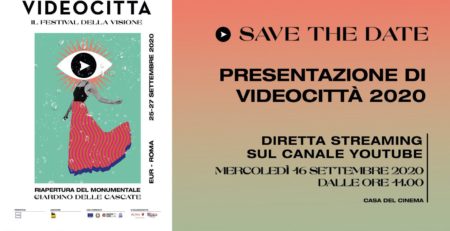Dante: 750th anniversary
Durante degli Alighieri, simply called Dante, was a major Italian poet of the late Middle Ages. His Divine Comedy, originally called Comedìa and later christened Divina by Boccaccio, is widely considered the greatest literary work of the Italian language.
Did you know: Dante is on the Italian 2 euro coin?
If you see this one here, it’s a limited edition one. 750 years, 1265 – 2015, so hang on to it.
2015 marked the beginning in Italian celebrations for the 750th anniversary of Dante’s birth – the Florentine poet was born on June 1, 1265. Events will even continue for the next six years until the 700th anniversary of the poet’s death in 2021.
A major mover in Italian culture, Dante’s celebrations involve a series of exhibits, concerts, publications, new translations, performances, conferences and readings, will take place in Florence, Ravenna, Verona and Rome, and at Italian Cultural Institutes abroad.
Pope Francis had a message to deliver regarding Dante, describing him as a “prophet of hope”. He also said that Dante was an “artist of the highest universal values who still has much to say and to give through his works, inviting us to find again the lost meaning of the human condition.” On May 14 in Florence, a historic parade will re-enact the day when the statue of Dante by Ravenna sculptor Enrico Pazzi (1865) was inaugurated in Piazza Santa Croce (the statue now stands next to the church).
Here’s what you need to know about him.
Dante was the father of the Italian language:
In the late Middle Ages, the overwhelming majority of poetry was written in Latin, and therefore accessible only to affluent and educated audiences. In De vulgari eloquentia/On Eloquence in the Vernacular, however, Dante defended use of the vernacular in literature. He himself would even write in the Tuscan dialect for works such as The New Life (1295) and the aforementioned Divine Comedy; this choice, although highly unorthodox, set a hugely important precedent that later Italian writers such as Petrarch andBoccaccio would follow. As a result, Dante played an instrumental role in establishing the national language of Italy.
Dante’s Beatrice
Dante said he first met Beatrice Portinari, daughter of Folco Portinari, at age nine, and claimed to have fallen in love with her “at first sight“, apparently without even talking with her. He saw her frequently after age 18, often exchanging greetings in the street, but never knew her well. In effect, he set an example of so-called courtly love, a phenomenon developed in French and Provençal poetry of prior centuries. Dante’s experience of such love was typical, but his expression of it was unique. It was in the name of this love that Dante left his imprint on the dolce stil novo (sweet new style, a term which Dante himself coined), and he would join other contemporary poets and writers in exploring never-before-emphasized aspects of love (Amore). Love for Beatrice (as Petrarch would show for Laura somewhat differently) would be his reason for poetry and for living, together with political passions. In many of his poems, she is depicted as semi-divine, watching over him constantly and providing spiritual instruction, sometimes harshly. When Beatrice died in 1290, Dante sought refuge in Latin literature.
You can even see Dante’s house in Florence:
Dante’s death mask (above)
Dante depicted by Luca Signorelli, in the Orvieto Cathedral.
Dante Alighieri, attributed to Giotto, in the chapel of the Bargello palace in Florence. This oldest picture of Dante was painted just prior to his exile and has since been heavily restored.









